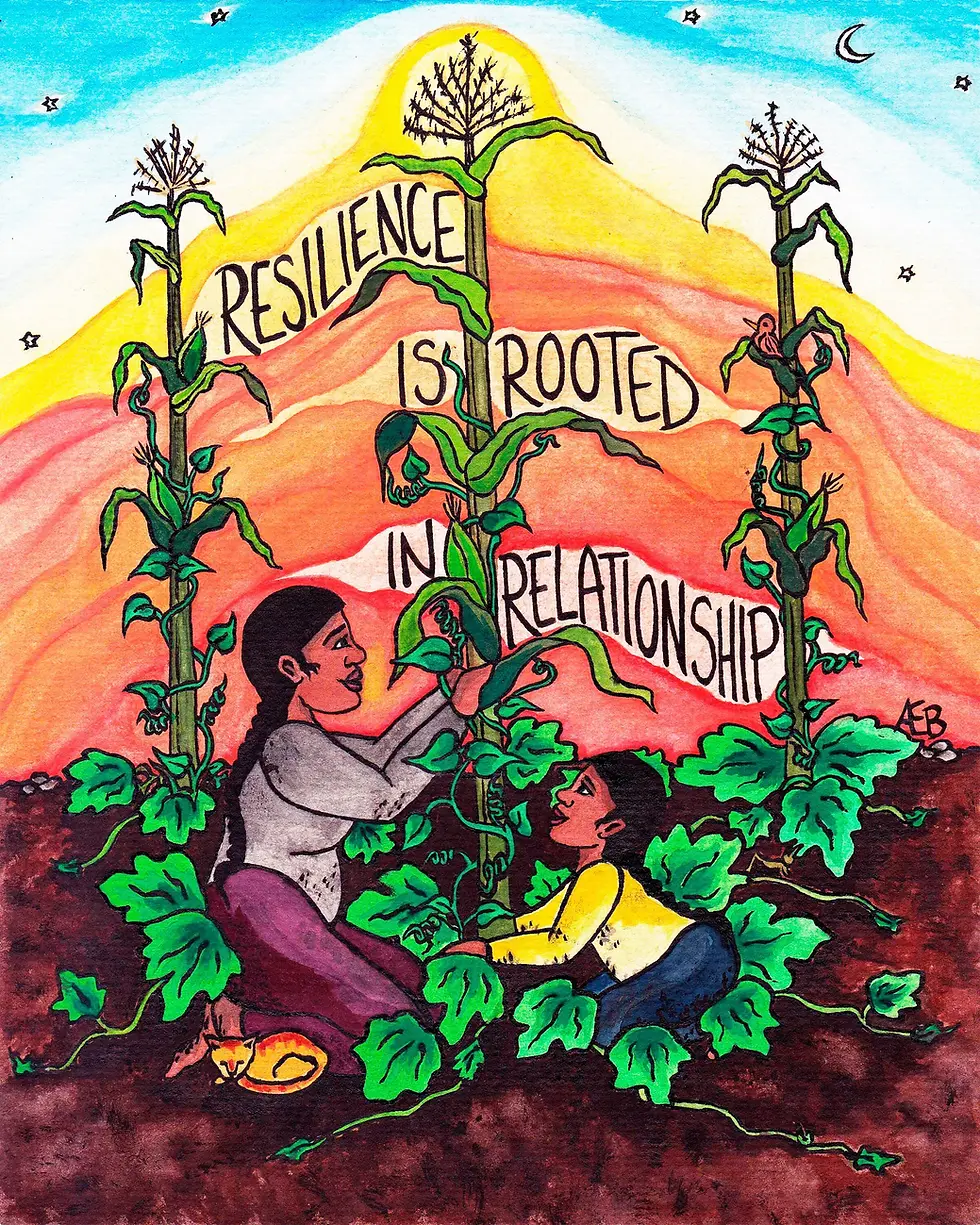The Power of Resilience: Navigating Life's Challenges with Executive Function
- Ali Astrid Moto

- Aug 17, 2023
- 3 min read
Updated: Nov 12, 2024
Life is an unpredictable journey, often presenting us with unexpected challenges and obstacles. In the face of adversity, the quality that shines through and guides us forward is resilience. Resilience is more than just bouncing back from difficulties; it's the art of adapting, growing, and thriving in the face of adversity. In this blog post, we'll explore the concept of resilience, understand its significance, and learn how to cultivate it in our lives.

Understanding Resilience
Resilience is the ability to withstand, recover from, and even transform in response to life's setbacks, such as personal losses, failures, or unexpected changes. It's not about avoiding difficulties, but about developing the inner strength and mindset to navigate through them with determination and positivity.
Importance of Resilience
Emotional Well-being: Resilience is closely tied to emotional well-being. When we're resilient, we're better equipped to manage stress, anxiety, and other negative emotions. Resilient individuals tend to experience greater psychological well-being and have healthier coping mechanisms.
Adaptability: The world is constantly changing, and those who are resilient are better able to adapt to new circumstances. They view change as an opportunity for growth rather than a threat, making them more versatile and open to new experiences.
Personal Growth: Resilience often emerges from challenging experiences. When we overcome difficulties, we not only strengthen our capacity to handle future challenges, but we also experience personal growth. Each obstacle becomes a stepping stone toward becoming a more evolved version of ourselves.
Success in Pursuits: Whether it's in our careers or personal goals, resilience plays a crucial role. Setbacks are inevitable, but a resilient individual doesn't let them become roadblocks. Instead, they view failures as learning experiences and use them to fuel future success.

Cultivating Resilience
Looking for Resilient Evidence: Look back on times you have overcome something. Focus on what has worked, notice your strengths and past successes, reminding yourself of your ability to overcome challenges.
Social Support & Co-Regulation: Surround yourself with a strong support network of friends, family, and mentors. Sharing your struggles with others not only alleviates emotional burdens but also provides fresh perspectives and advice.
Mindfulness and Self-Care: Practice mindfulness and self-care routines to reduce stress and enhance emotional well-being. Techniques like meditation, yoga, and rest, moving your body, can help you stay centered during tough times.
Flexibility and Adaptability: Embrace change as a constant and be willing to adjust your plans as needed. This mindset reduces resistance and allows you to find solutions more effectively.
Learn from Setbacks: Instead of dwelling on failures, focus on the lessons they bring. What can you learn from the experience? How can you apply these lessons moving forward? I call these gems, gems come from pressure and strife, what are the gems in your experiences?
Set Realistic Goals: While it's important to challenge yourself, setting realistic goals prevents unnecessary disappointment. Break larger goals into smaller, achievable steps.
Try Not to Invent the Wheel: Ask people around you who have overcome adversity, what they did. Find a group or book that teaches how to get resilience. Here are a few of my favorites.
Therapy: Find a therapist that is a good fit for you. This means they seem like some one you'd want to be friends with, of course, they must have good boundaries. A Therapist can guide you and give you wisdom you may not think of from where your at.
Reprocess Trauma: If you have had small-t or big-T trauma as a child or in life, it will be beneficial for you to shift those threat response neural pathways. Find out how to do this here

Resilience is a powerful skill that empowers us to navigate life's challenges with grace and strength. By cultivating resilience, we not only enhance our ability to overcome difficulties but also foster personal growth and success in all areas of life. Remember that resilience is a journey, and each step you take toward developing this quality brings you closer to becoming the best version of yourself. So, embrace the challenges, learn from them, and let resilience be your guiding light in the face of adversity.
I just wanted to add a note. If you are experiencing extreme depression, domestic abuse, bullying, or un-housed, these you will want to get support by either calling 988, or your local health and welfare or shelter and talk with a Social Worker or Case worker. Then when in a safe and secure place start your resilience journey. You are not alone.
Ali Astrid Moto









Comments